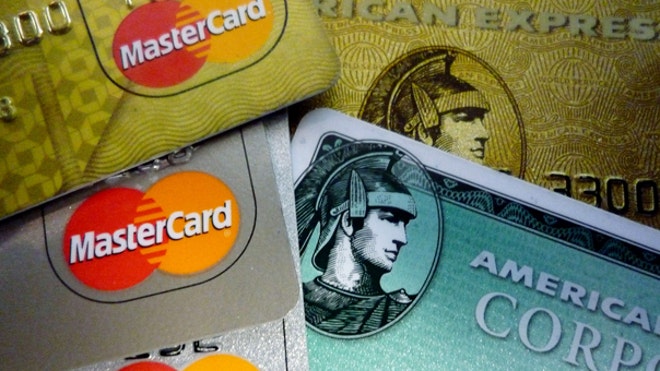Report: Probe into Afghan bank scandal plagued by political interference
By ,Without naming names, an independent anti-corruption committee of Afghan and international experts painted a damning portrait of foot-dragging, incompetence and blatant political manipulation involving virtually every agency that was supposed to either investigate why the Kabul Bank failed or take legal action against those responsible for looting it of more than $900 million.
“Kabul Bank was nothing but a fraud perpetrated against depositors, and ultimately all Afghans,” the report says. Both the flagrant crimes and the repeated failures to pursue them, it said, reflect an array of larger, worrisome problems that permeate Afghan society and institutions, including “incapacity, nepotism, entitlement and political interference.”
Two of the bank’s former top executives have been under arrest for many months, and 20 other individuals have been indicted recently in the scandal.Much has already been written about the shady practices of the former bankers, their lavish purchases and lifestyles, and their close relationships with influential Afghans, including aides and relatives of President Hamid Karzai.
Still, some of the details in the 87-page report are eye-opening as well as exotic. It describes how large quantities of bank cash were smuggled out of the country inside airline food-tray containers, how deposits were funneled to inside beneficiaries using fake bank identifier code messages and fake corporate stamps, how two sets of books were kept to keep regulators at bay, and how funds were used to pay for luxury hotel rooms, huge bonuses and other perks for bank officials.
But what is new, and especially alarming, are the highly critical descriptions of how Afghan government agencies and officials behaved long after the bank’s collapse in 2010 created a major public panic and shook international confidence in Afghanistan’s nascent postwar democratic and financial systems.
Over and over, the report says, supposedly independent bodies such as the attorney general’s office deferred to higher political wishes. Earlier this year, about 20 bank associates were indicted on charges including money laundering and using false documents or fictitious account names.
The report quotes sources as saying that a “high-level committee,” meaning a group of powerful officials, decided which former bank associates would be charged with a crime and that prosecutors were told to “construct indictments to conform to the decisions.”
Similarly, the report says, both a major government oversight panel and a special Supreme Court tribunal have taken little action in the case, while other agencies have spun their wheels investigating the whistle-blowers instead of the culprits. Always, there seemed to be an underlying fear of antagonizing or crossing powerful people, the report says.
“We found that many Afghan institutions were simply hesitant to exercise their independent mandate,” said Grant McLeod, a Canadian investigator in Kabul who was one of the lead writers of the report. “This is all about blatant political influence.”
The Karzai government has not responded publicly to the report, which does not name the president directly as having exerted pressure on the bank investigations and prosecutions. But the report is bound to cause further tensions between Karzai and his international partners, who pressed him for months to accept a forensic audit of the bank and allow criminal prosecutions to move ahead.
A spokesman for the attorney general’s office, Basir Azizi, was quoted as saying, “We strongly reject any comments that the attorney general’s office dealt with this case as a political issue.”
Still, the list of individuals who were linked to the bank or financially benefitted from its fraudulent practices is extremely high-level. According to the report, about $861 million in private loans or transfers went to 19 individuals and related companies, including the bank’s former chairman, Sherkhan Farnood; a brother of the president, Mahmoud Karzai; and a brother of the first vice president, former militia leader Mohammed Fahim.
The report was conducted to meet requirements by the International Monetary Fund to gauge progress in Afghanistan’s movement to clean up the bank scandal. Foreign aid, on which the impoverished nation is heavily dependent to run its government as well as help its people, could drop if the progress is found lacking.










 . He writes frequently on credit-related issues.
. He writes frequently on credit-related issues.